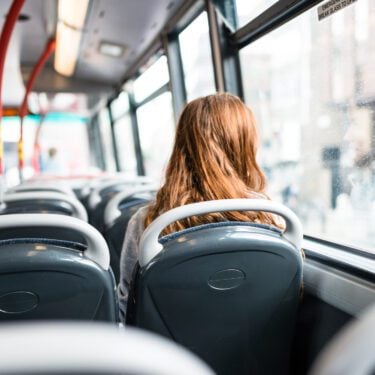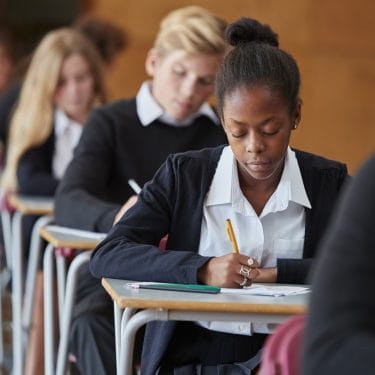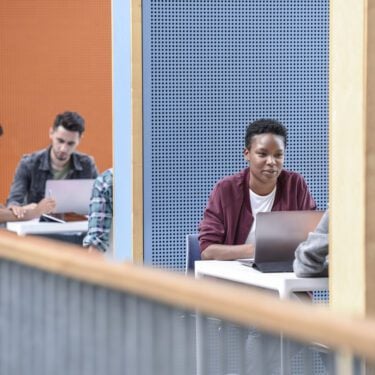Vulnerable pupils should receive tailored support to encourage them to re-engage with learning after COVID-19 school closures, according to a new Nuffield-funded report published today by the National Foundation for Educational Research (NFER).
In-school attendance for vulnerable pupils has been low during the COVID-19 pandemic, with those not attending less engaged in remote provision than their classmates. The report also highlights the significant role that schools have played in ensuring the safety and well-being of vulnerable pupils, although raises concerns about the sustainability of this as schools open more widely.
The research is based on a survey of 3,054 senior leaders and teachers in mainstream schools in England, conducted between 7-17 May.
Key findings include:
- During the last week of April, almost half (44%) of senior leaders reported that under ten children attended the school in person for at least one day. With low levels of attendance for in-school provision, senior leaders report that their schools are providing support to vulnerable pupils learning remotely through regular checking in and communication (96%).
- Three in every five teachers report that vulnerable pupils are less engaged than their classmates. Senior leaders (57%) and teachers (75%) report a lack of pupil engagement in learning as one of their main challenges in supporting vulnerable pupils who are not attending school. Senior leaders in secondary schools were one and a half times more likely to report challenges engaging vulnerable pupils who are not attending school in learning, compared to leaders in primary schools.
- Three-quarters of senior leaders report that their schools are offering ‘social or welfare’ support to vulnerable pupils, often by working with other agencies. For example, many schools are supporting their pupils by providing food vouchers and parcels (95%) and providing non-education related information (83%) to assist families. Further, two in every five senior leaders report that their staff are making home visits to vulnerable pupils who are not attending school. Among teachers who are conducting home visits, around half (48%) were visiting vulnerable pupils once a week.
- Despite high levels of collaboration between schools and other agencies, there is scope for agencies to work together more closely to provide social and welfare support for vulnerable children, especially in deprived areas. A quarter of senior leaders identified this as a particular challenge, rising to 30% of leaders in deprived schools.
- There are more concerns about the welfare of vulnerable pupils in the most deprived schools: 54% of senior leaders in these schools report significant concerns for the safety and wellbeing of vulnerable pupils, relative to 35% of senior leaders in the least deprived schools. Similarly, the share of senior leaders reporting that staff in their school are undertaking home visits ranges from 26% in the most affluent schools to 46% in the most deprived schools.
- Many vulnerable pupils and children of keyworkers are having similar – and in many cases better supported and supervised – learning provision than children at home. But, in-school activities for vulnerable pupils in the most deprived schools are more likely to be extra-curricular. Over a third (37%) of leaders in the most deprived schools report that their main approach towards in-school provision is on providing extra-curricular activities, compared to 17% in schools with the lowest levels of deprivation.
Carole Willis, Chief Executive at NFER, said:
“Today’s report shows how schools and their staff have taken the initiative in increasing the welfare support provided to vulnerable pupils. Given that impacts from the pandemic are likely to persist for some time, there is a need for schools to have increased levels of external support to ensure they can focus their resources on teaching and learning.
“The recent government announcement of additional support to enable children to catch up is welcome. However, policymakers should also specifically look at initiatives to help vulnerable pupils re-engage with learning and ensure there is adequate support for their health and well-being, including through social workers and other community initiatives. It will be crucial to increase their engagement and to support their parents to provide a secure and safe environment.”
Josh Hillman, Education Director at the Nuffield Foundation said:
“It is of great concern that the most vulnerable students have been the least engaged in learning during the pandemic, particularly those from schools in the most disadvantaged areas. We welcome the government’s catch-up plan, but if the initiative is to successfully close the ever-widening disadvantage gap, it is vital to reengage disadvantaged pupils with learning and give particular support to those entering primary schools.”



























































